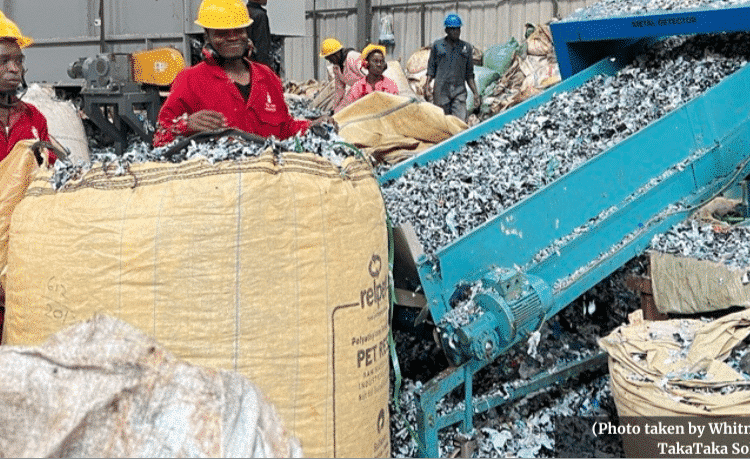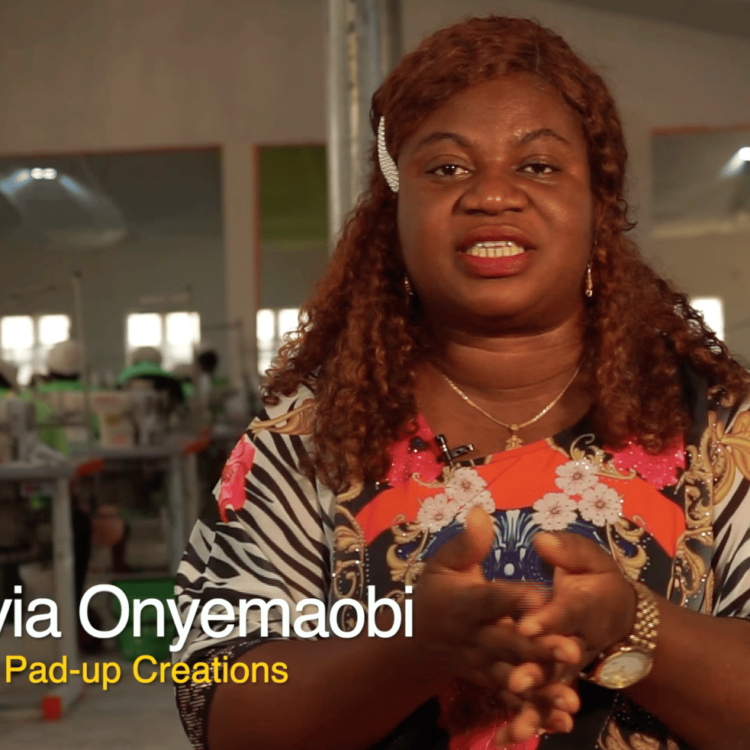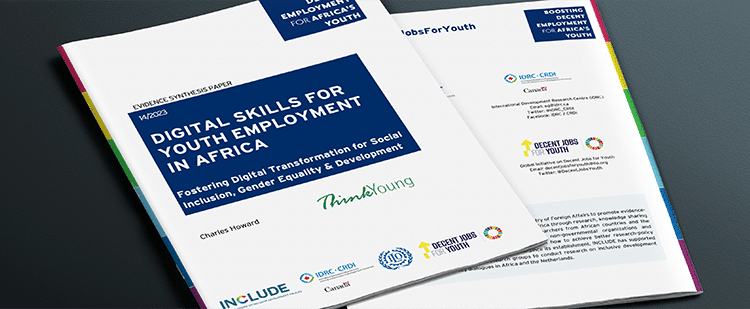
A quick-scan study unravels the distinct meanings of the concept of inclusive development and its usage in the current development policy realm.
While most Sub-Saharan African countries have registered high and sustained economic growth over the past decade, a large number of poor and vulnerable people have remained exclusive from the benefits of this progress. A total of 389 million people across the continent still live on less than US$1.90 a day, which is more than all the other regions combined. Social indicators have picked up only modestly, with unemployment remaining high while income inequalities have widened. With Sub-Saharan Africa’s population expanding rapidly, from around 1 billion today to an estimated 2.5 billion by 2060, the continent is experiencing a significant demographic shift posing both positive and negative prospects for development. In order for Sub-Saharan Africa to leverage its demographic dividend, it is crucial to include all segments of society, including the poorest populations, into the development process. Without inclusive and transformative development, the continent’s long term sustainability and socio-economic development may be at risk.
In recent years, there has thus been a growing call for “inclusive development” to meet contemporary development needs and challenges. Economic growth is necessary, but it is not sufficient on its own in improving the welfare of a population. A development approach that encompasses an agenda beyond growth and income is needed to ensure that the benefits of growth are shared equitably across all parts of society, particularly large groups of vulnerable poor populations. Although “inclusive development” is gradually finding its way in the development discourse, its ascendancy has not been accompanied with great conceptual clarity. A clear-cut definition of inclusive development is non-existent, and as a result the concept is often interchangeably used with related concepts such as inclusive growth. As a result, the concept has led to significant ambiguity in both the literature as well as policy frameworks from a number of institutions, organizations and country-governments.
One of the objectives of INCLUDE is to collect and synthesize state-of-the-art literature in order to contribute to evidence-based policymaking. This quick-scan of literature on inclusive development contributes to the synthesis process of INCLUDE. It aims to contribute to a better conceptual understanding of the distinct meanings of inclusive development and its usage in the current development policy realm. The main challenge for the platform is not necessarily to agree on a consolidated definition, but to identify the key domains in which inclusive development can be progressively promoted through evidence-based development policies. The first chapter of the report will first provide a contextual background to the role of inclusive development in the context of Sub-Saharan Africa. The second chapter will build a conceptual understanding of the concept, including a short review on where and how inclusive development fits into the development debate, followed by a number of key dimensions critical to inclusive development. Finally, this paper hopes to capture the presence of inclusive development (or lack thereof) in policy frameworks looking at a number of multilateral institutions, development banks and the global agenda.
Download the quick-scan study using the button below.




